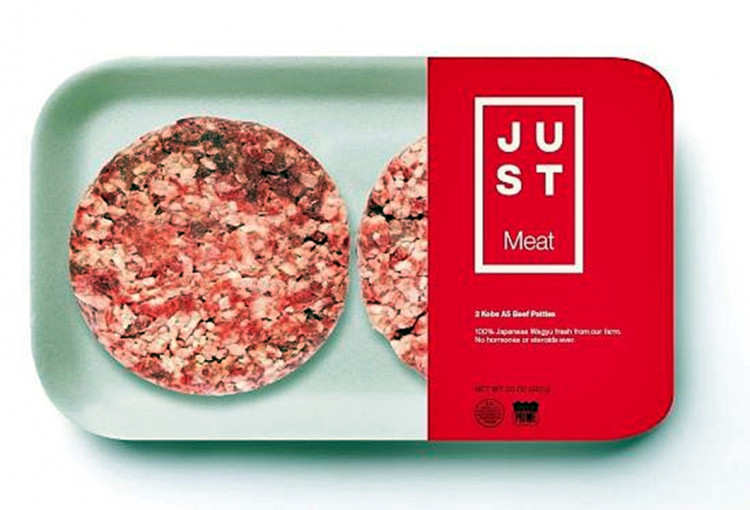There is a huge likelihood that laboratory meat (or lab meat), which are food products cultured from animal cells, will make their commercial market debut in the United States within the year.
Lab meat is also called cultured meat; cell-cultured food products and synthetic meat. Lab meat doesn't only refer to animal meat but also to fish and bird meat, as well.
A form of cellular agriculture, lab meat is produced by the in vitro cultivation of animal cells. The concept for cultured meat was popularized by Jason Matheny in the early 2000s. Matheny co-authored a seminal paper on cultured meat production. He also established New Harvest, the world's first non-profit organization dedicated to supporting in vitro meat research.
American companies are in a race to be the first to market with lab meat. A California startup named Finless Food has developed a lab-grown tuna. A California startup, Just, based in San Francisco is developing a lab-grown chicken product. Another California firm, Memphis Meats, is working on other cell-based products. Similar companies are to be found in Spain, Israel, and the Netherlands.
"We hope to make our first sale this year," said Andrew Noyes, a spokesman for Just. "We are creating real meat in our factory that doesn't require the capture or slaughter of animals."
Paving the way for the commercialization of lab meat is an agreement reached in 2018 between the U.S. Department of Agriculture (USDA) and the U.S. Food and Drug Administration (FDA) to share regulation of cultured meat products.
Under the agreement, the FDA will oversee the collection and differentiation of cells, which is the point when stem cells develop to specialized cells. USDA will oversee the production and labeling of food products.
"This regulatory framework will leverage both the FDA's experience regulating cell-culture technology and living biosystems and the USDA's expertise in regulating livestock and poultry products for human consumption," said a joint statement from both government agencies. The agencies also see no need for the U.S. Congress to pass legislation on the matter.
The agreement to regulate food products cultured from animal cells opened the door for lab meat to make it to American homes. Lab meat backers rightly argue cultured meat does away with slaughtering animals and will also help reduce greenhouse emissions. Supporters of lab meat say this product is a sustainable option to feed growing populations hungry for protein.






